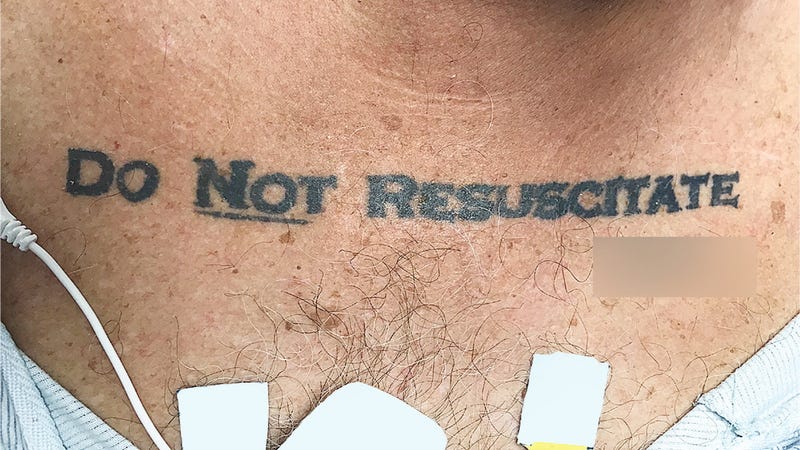Phoebe Zerwick
The New York Times
Originally posted March 12, 2024
Here is an excerpt:
At the time, only a handful of published medical studies had documented deathbed visions, and they largely relied on secondhand reports from doctors and other caregivers rather than accounts from patients themselves. On a flight home from a conference, Kerr outlined a study of his own, and in 2010, a research fellow, Anne Banas, signed on to conduct it with him. Like Kerr, Banas had a family member who, before his death, experienced visions — a grandfather who imagined himself in a train station with his brothers.
The study wasn’t designed to answer how these visions differ neurologically from hallucinations or delusions. Rather, Kerr saw his role as chronicler of his patients’ experiences. Borrowing from social-science research methods, Kerr, Banas and their colleagues based their study on daily interviews with patients in the 22-bed inpatient unit at the Hospice campus in the hope of capturing the frequency and varied subject matter of their visions. Patients were screened to ensure that they were lucid and not in a confused or delirious state. The research, published in 2014 in The Journal of Palliative Medicine, found that visions are far more common and frequent than other researchers had found, with an astonishing 88 percent of patients reporting at least one vision. (Later studies in Japan, India, Sweden and Australia confirm that visions are common. The percentages range from about 20 to 80 percent, though a majority of these studies rely on interviews with caregivers and not patients.)
In the last 10 years, Kerr has hired a permanent research team who expanded the studies to include interviews with patients receiving hospice care at home and with their families, deepening the researchers’ understanding of the variety and profundity of these visions. They can occur while patients are asleep or fully conscious. Dead family members figure most prominently, and by contrast, visions involving religious themes are exceedingly rare. Patients often relive seminal moments from their lives, including joyful experiences of falling in love and painful ones of rejection. Some dream of the unresolved tasks of daily life, like paying bills or raising children. Visions also entail past or imagined journeys — whether long car trips or short walks to school. Regardless of the subject matter, the visions, patients say, feel real and entirely unique compared with anything else they’ve ever experienced. They can begin days, even weeks, before death. Most significant, as people near the end of their lives, the frequency of visions increases, further centering on deceased people or pets. It is these final visions that provide patients, and their loved ones, with profound meaning and solace.
Here is a summary:
The article explores the phenomenon of deathbed visions experienced by dying individuals. These visions involve seeing and communicating with angels and departed loved ones, instilling a sense of peace and anticipation for the afterlife. The experiences are described as distinct from hallucinations and are often witnessed by family members and medical staff present during the individual's passing. The article emphasizes how these visions can transform perceptions of death, inspiring awe and encouraging a focus on love and spiritual well-being in daily life.







